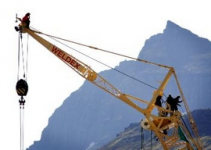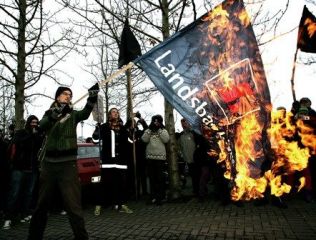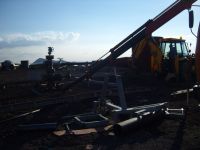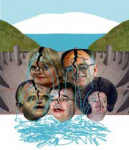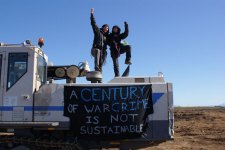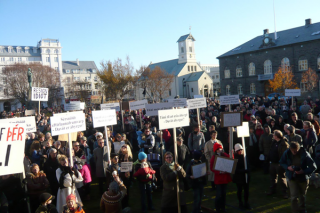Nov 11 2008
Alcoa’s shares down as production is decreased
Today Alcoa’s shares lowered 7,6% after the company announced that it would decrease production by 350 thousand tons per year. The cut-down takes place in Alcoa’s smelters in Ferndale, Washington; and Baie Comeau, Quebec. Alcoa runs the Fjarðaál aluminium smelter in Reyðarfjörður, east Iceland. Earlier the company had announced 256 thousand ton cutback in Rockdale, Texas which means that Alcoa’s production downturn is 15%.
Alcoa also announced that a 2,2 million ton enlargement of an aluminium smelter in Wagerup, Australia would be delayed. The project’s estimated cost was between 3 and 4 million dollars and Alcoa said it will restart when the state of market change. According to experts, there is still redundance of aluminium on the market.
